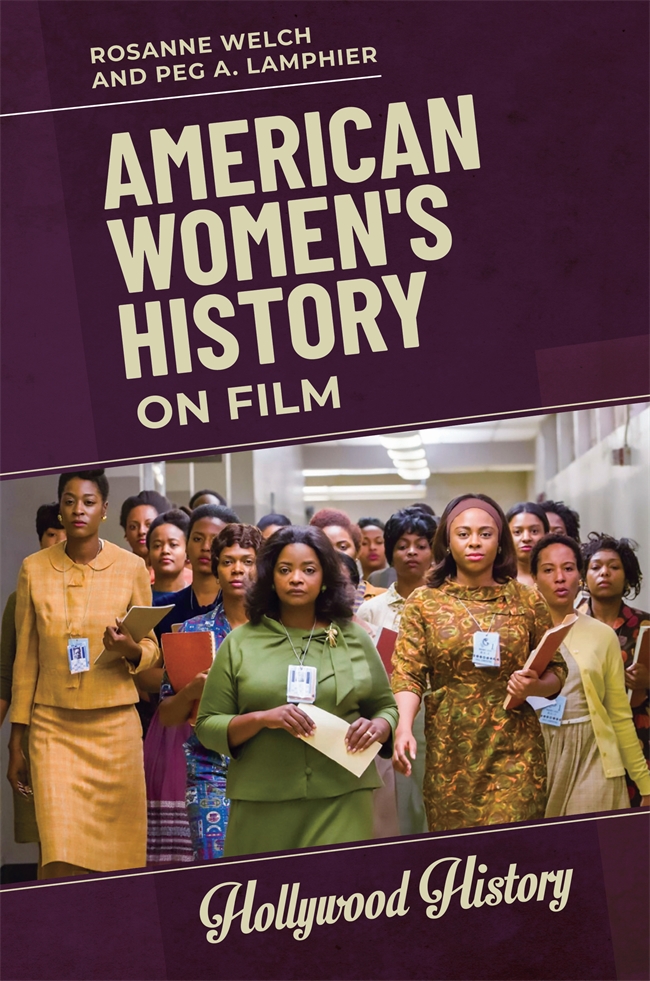Transcript:
Now the other thing about “Doctor Who” that we know is it went Global and this was not something that happened to very many TV shows. When we were younger and we watched it on PBS it was because PBS took the leftover stuff from England and didn’t make a big deal out of it. There wasn’t a big marketing campaign. You landed on it accidentally and went wow this is interesting. What is this and then you got hooked right? Only shows that have gone global in the past were something like Lucille Ball who was already sort of known worldwide from her movie career right or when we get into the 80s “Baywatch” went global to the whole world. The two most exported shows from the United States and we were always the country doing the most exports. Always we went out to 89 different countries. It was much harder for other countries to spread their stuff to us. We had so much on our screens that we didn’t need to buy anything else. We filled our broadcast network time but the other countries had less production so they were buying all our stuff right.
In this presentation given at the 2022 San Diego WhoCon I had the chance to trace the many ways Doctor Who changed the TV universe. By focusing on the interesting and innovative things the many writers did with the show across the years we were able to see the Who footprint by becoming the first narrative program to reach 50 years on the air, the first to create a spin-off across the ocean, and a show alongside Star Trek that created the Con-craze that brought the world of cosplay to the mainstream. Perhaps most importantly, a love of Doctor Who lead more Americans to watch programming from other countries – from Korean dramas to Mexican telenovelas – which has so enriched our culture.

Watch this entire presentation
Podcast: Play in new window | Download
Subscribe: RSS
![08 Going Global from The Doctor Who Changed the TV Universe – Dr. Rosanne Welch [Video]](https://rosannewelch.com/wp-content/uploads/2023/03/sdwhocon-2022-dwtv-08.jpg)
![07 Conventions from The Doctor Who Changed the TV Universe – Dr. Rosanne Welch [Video]](https://rosannewelch.com/wp-content/uploads/2023/02/sdwhocon-2022-dwtv-07.jpg)

![06 Longevity from The Doctor Who Changed the TV Universe – Dr. Rosanne Welch [Video]](https://rosannewelch.com/wp-content/uploads/2023/02/sdwhocon-2022-dwtv-06.jpg)

![Student Voices: TV + Screenwriting from the Stephens College MFA in TV and Screenwriting [Video]](https://rosannewelch.com/wp-content/uploads/2023/02/stephens-mfa-voices.jpg)
![05 Scooby-Doo and SVU from The Doctor Who Changed the TV Universe – Dr. Rosanne Welch [Video]](https://rosannewelch.com/wp-content/uploads/2023/02/sdwhocon-2022-dwtv-05.jpg)




![04 The Simpsons and Arthur from The Doctor Who Changed the TV Universe – Dr. Rosanne Welch [Video]](https://rosannewelch.com/wp-content/uploads/2023/02/sdwhocon-2022-dwtv-04.jpg)
![Anita Loos: An Introduction with Dr. Rosanne Welch, Stephens College MFA in TV and Screenwriting and the Retroformat Silent Film Society [Video]](https://rosannewelch.com/wp-content/uploads/2023/01/rmw-retroformat-loos.jpg)